
Navigating infertility can be overwhelming, especially in a city like Mumbai, where many couples face unique challenges on their journey to start a family. If you're struggling with infertility, know that you’re not alone. Our comprehensive guide provides up-to-date insights on common causes and the latest treatment options for infertility in Mumbai.
Infertility, recognized by the WHO as a reproductive health condition, is when a couple cannot conceive after 12 months of unprotected sex. It can stem from male or female reproductive issues—or sometimes remains unexplained.
Understanding the different types of infertility is the first step in addressing the issue and finding the right treatment or solutions. Here is a list of the types of infertility:
Infertility, affecting both men and women, has a range of causes. Understanding these factors can guide individuals in seeking effective diagnosis and treatment.
These can include:
These can include-
There are a number of factors that contribute to the problem of infertility in men as well as women. In spite of some risk factors being inevitable, others can be controlled or reduced to a minimum. Here is a brief overview of the main risk factors for infertility that affect both males and females:
People may consider speaking to a fertility specialist if they:
Diagnosing infertility is a step-by-step process that involves both medical evaluations and tests for both partners. It helps identify the specific reasons for difficulty in conceiving, and guides healthcare providers in recommending the most effective treatments.
Male fertility assessment focuses on sperm health and transport. Key diagnostic tests include:
Female fertility diagnosis examines the health of eggs, reproductive tract, and hormone levels. Typical tests include:
Infertility treatment depends on:
Some causes of infertility can't be corrected.
If pregnancy doesn't happen after a year of unprotected sex, couples often can still become
pregnant through infertility treatments called assisted reproductive technology. But treatment
can involve big financial, physical, emotional and time commitments.
Yes, but it depends on the cause. In 85% to 90% of cases, lifestyle modification, medication, ART or surgery can treat infertility and allow a person to conceive.
Almost nine out of the ten couples end up conceiving. If you are less fertile, the process may be
slightly different, success rates are higher if the cause of infertility, the woman’s age, or
other reasons are known.
Infertility in itself is difficult to experience due to its emotional, physical, financial, and
mental side effects. Self-care comes in many forms and should be a regular practice, even in the
most stressful of times.
Do not focus on infertility alone, but also add that one of the effective methods to cope with
it is by being actively involved with the people who are intensely nurturing or if you want to
be a member of an online support group. Being open with your friends who are in the same
situation might be the most creative way of dealing with the situation.
Some of the top IVF clinics in Mumbai include:
Selecting the right IVF specialist involves:
The success rate of IVF treatments in Mumbai varies depending on factors such as age, cause of infertility, and the clinic’s technology. On average:
The cost of IVF treatment in Mumbai generally ranges between INR 1,50,000 to INR 3,00,000 per cycle, depending on the clinic, type of IVF (e.g., conventional or ICSI), and any additional treatments like egg freezing or embryo freezing. Other infertility treatments, such as IUI, can cost between INR 20,000 to INR 50,000 per cycle. Costs may increase with medications, consultations, and lab tests.
Clinics like Sambhav IVF, Gyaana IVF, and Care Clinic in Mumbai offer personalized fertility treatment plans, focusing on the unique needs of each patient. These clinics provide individualized care by tailoring treatments based on age, medical history, and infertility diagnosis.
Some of the latest advancements in IVF treatments in Mumbai include:
To make the most of your first IVF consultation:

PCOS is a hormonal and Metabolic condition that affects women […]
04 Jun 22
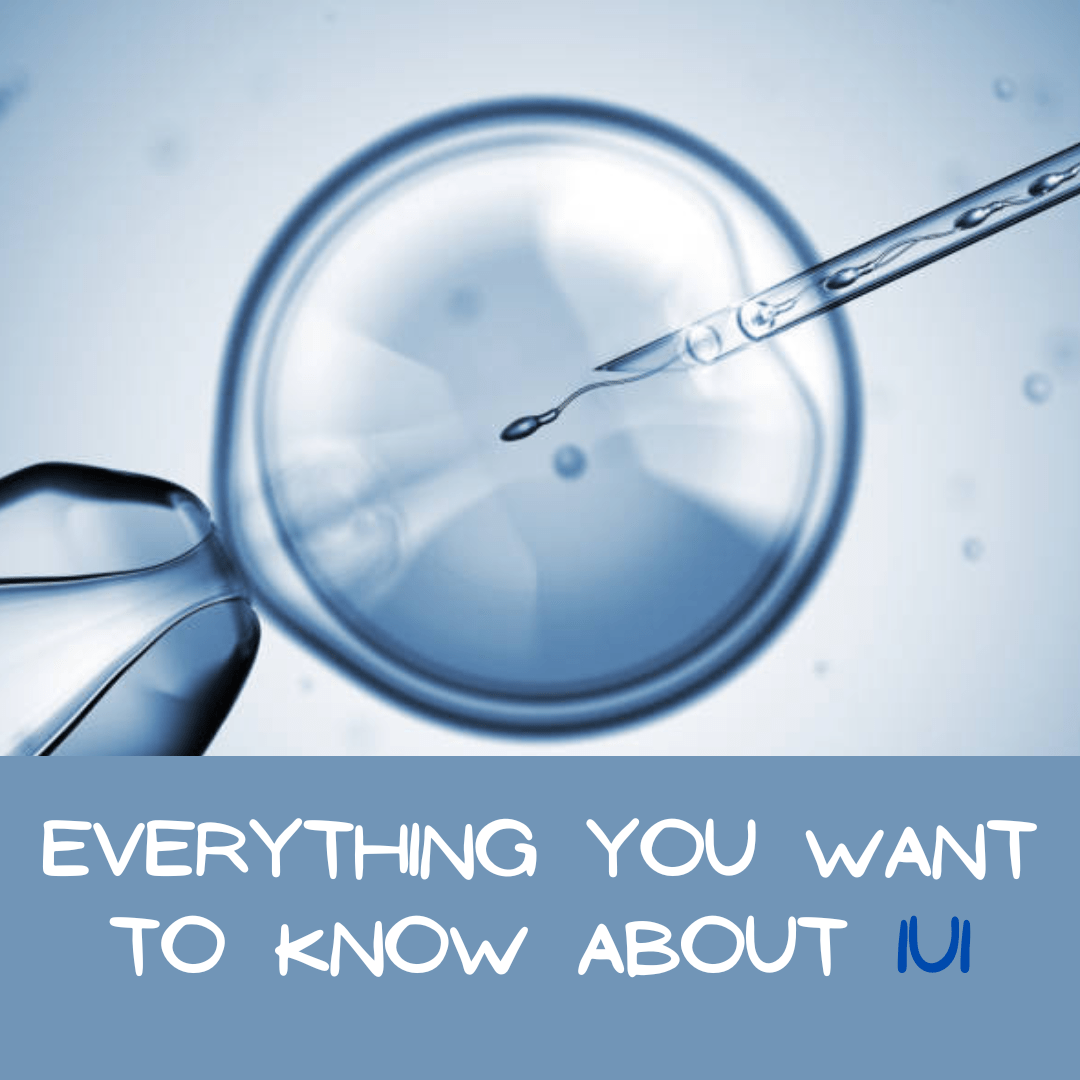
IUI is a simple form of fertility treatment where motile […]
06 Aug 22
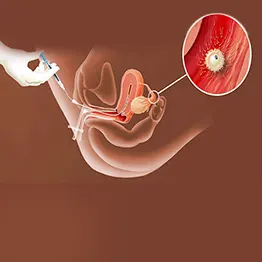
We are happy to have treated more than 20,000 couples with fertility issues. IUI is simple treatment for couples with unexplained Infertility, PCOS, early endometriosis Know More

Indicated in couples with tubal blockage, repeated failed IUI and endometriosis. Results range across 40 -50% at our centre Know More
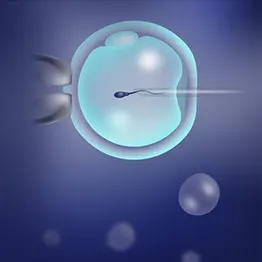
Treatment of choice for male infertility with very low sperm count, obstructive azoospermia and for coupes requiring donor eggs. Know More

Many young men and women have utilized our fertility preservation services in the form of sperm, egg and embryo freezing either for medical or social reasons Know More

More than 3000 women have delivered at our centre. They have had an exceptional experience in antenatal care, delivery and postnatal care. Know More
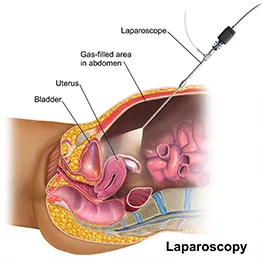
We have been performing all Gynaec surgeries through Laparoscopy for the past 25 years. Advantages are it is safe, less painful Know More
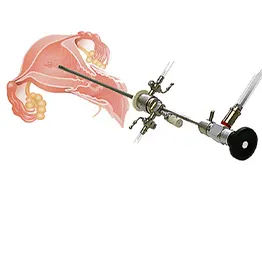
Hysteroscopy has many advantages over traditional D & C. We are equipped with small telescope to diagnose and treat pathologies inside the uterine cavity Know More
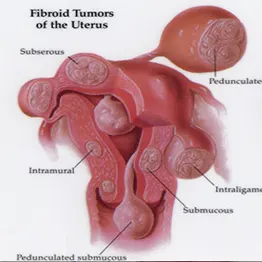
Fibroid causes infertility, pain and excessive menstrual blood loss. They can be operated through Laparoscopy or Hysteroscopy Know More
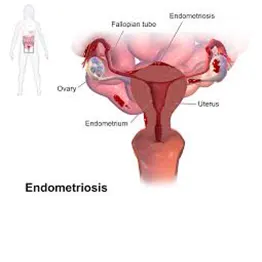
Endometriosis causes infertility and painful periods. Best treatment is initiated by Laparoscopy surgery and drugs Know More
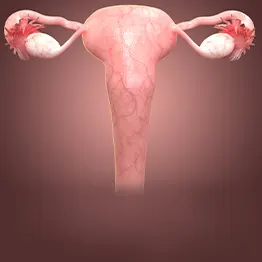
We have been performing laparoscopic hysterectomy for the past 25 years. It is a definitive treatment for heavy menstrual bleeding, fibroids, cancer Know More
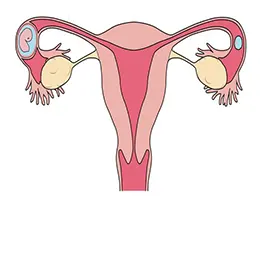
Ectopic is a condition where the pregnancy gets implanted in the fallopian tube instead of the uterine cavity. We have operated many cases laparoscopically Know More
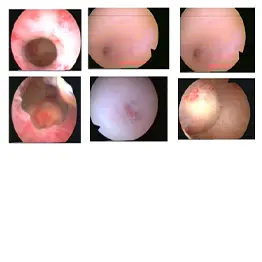
Hysteroscopy helps in evaluating the cause of Postmenopausal bleeding Know More

MD. DGO.,
Gynaec Endoscopy Surgeon Fertility and IVF Consultant

M.S. Obgy,
Fellowship in Reproductive Medicine and IVF (London), Minimal Access Surgery and Ultrasound
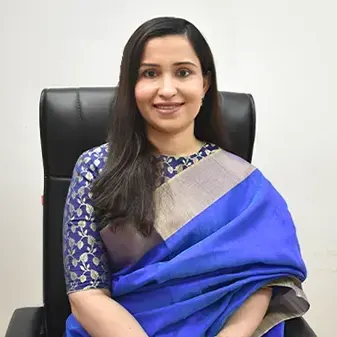
MS, DNB Obgy,
Fellowship in Reproductive Medicine and IVF (London), Minimal Access Surgery and Ultrasound
-Very satisfied.
-Doc Support indeed was very good .
-Nurse Support was absolutely Beneficial and excellent.
-Cleanliness was upto the mark.
-Hospitality made the stay comfortable.
KEEP IT UP!
Harshita Chhajed
We were so ecstatic on 9thapril 2022 as we hold our baby boy in our hands. We are so grateful as we were in the bestest and safest hands. All this was possible because of the talented doctors like you all-Dr Sudha Tandon, Dr Aditi Tandon, Dr Amrita Tandon and Dr Sachin. Dr Sudha Tandon and DrAditi Tandon helped us in our pregnancy journey by making themselves available all the time on phone. All our queries/questions were answered in no time which is by far the best response we could have received during covid times.
All doctors have given us bestest suggestions during our pregnancy journey in which we always had an utmost faith. It was a great time spent with you all during this pregnancy.
Thankyou so much for all the help/assistance/suggestions. We will always recommend Dr Tandon to our friends and relatives.
Sheela C Potdar
Dr Sudha Tandon and her two daughters make you feel comfortable and at ease. The flow of the process was smooth without making the patients wait unnecessarily.
Ashrita Katyal
Staff very polite and cordial.
Clean and neat hospital.
Cheerful ambience.
Doctor was very cooperative understanding and most importantaly non-judgemental. Made talking easier.
Thankyou for this wonderful offer and for making these tests accessible to all.
Odette Fred
-Staff very pleasant and polite.
-Dr too very polite.
-No waste of time.
-Clean place.
-Gives a good feel and not a nervous hospital feel.
Rosa Fred
Dr Sudha Tandon is one of the most oldest and the bestgynac in Chembur. Very good initative taken by them to keep a watch on the womenshealth on the occasion of the womensday.glad to see her daughters doing the job same as their mom.
All the best to both of them.
Thankyou
Satpal Bhambri
Thankyou for arranging this camp and providing services at affordable prices. The entire doctors team and also everyone right from the front desk staff to the staff nurses are really very cordial and soft-spoken.
My mother literally has a OBGY phobia :-o yet when she stepped out of the consulting room,she only told me they are all really great especially Dr AditiMaam.
Keep up the good work! I always recommend your name whenever any relatives/friends ask for a good OBGY in town.
Thankyou
Regards,
Dr Aditi Prabhu
Pratima Prabhu
-Very well organized.
-The staff is very competent.
-Quick process without any difficulties.
-Excellent time Management.
Kavita Bhatti
It is always reassuring to talk to Dr Sudha Tandon, Dr Amrita and Dr Aditi. It is for their expert advise and their compassionate approach that makes me come back to them for all my health related concives. I know I am in good hands.
Sheetal Patil
Thank you for this camp. Was done professionally and good staff.
Thanks again.
Kavita R.
Got to hear from a friend about this women’s day camp. Very well organized camp by Dr Sudha Tandon.
The price works well for all.
Thank-you
Mrs. Harvinder Saggi
I was absolutely satisfied with Doctor Amrita’s Consultation.
She cleared all my queries.
Thank you for having this women’s day camp.
Its really helpful.
Gunwant Saggi
My mother has also been Dr Sudha Aunty’s patient and it was but natural for me to follow same.I would like too extend my gratitude and thanks to Dr Sudha aunty for being there for me at every step.My sincere thanks to Dr Aditi and Dr Amrita who have always had my back and responded to every query and doubt with great promptness. Dr Aditi has been my “go-to-person” in times of anxiety.
A big thank you to all three of there for everything. I couldn’t have pulled this off without your support.
Dr Jayeeta Verma